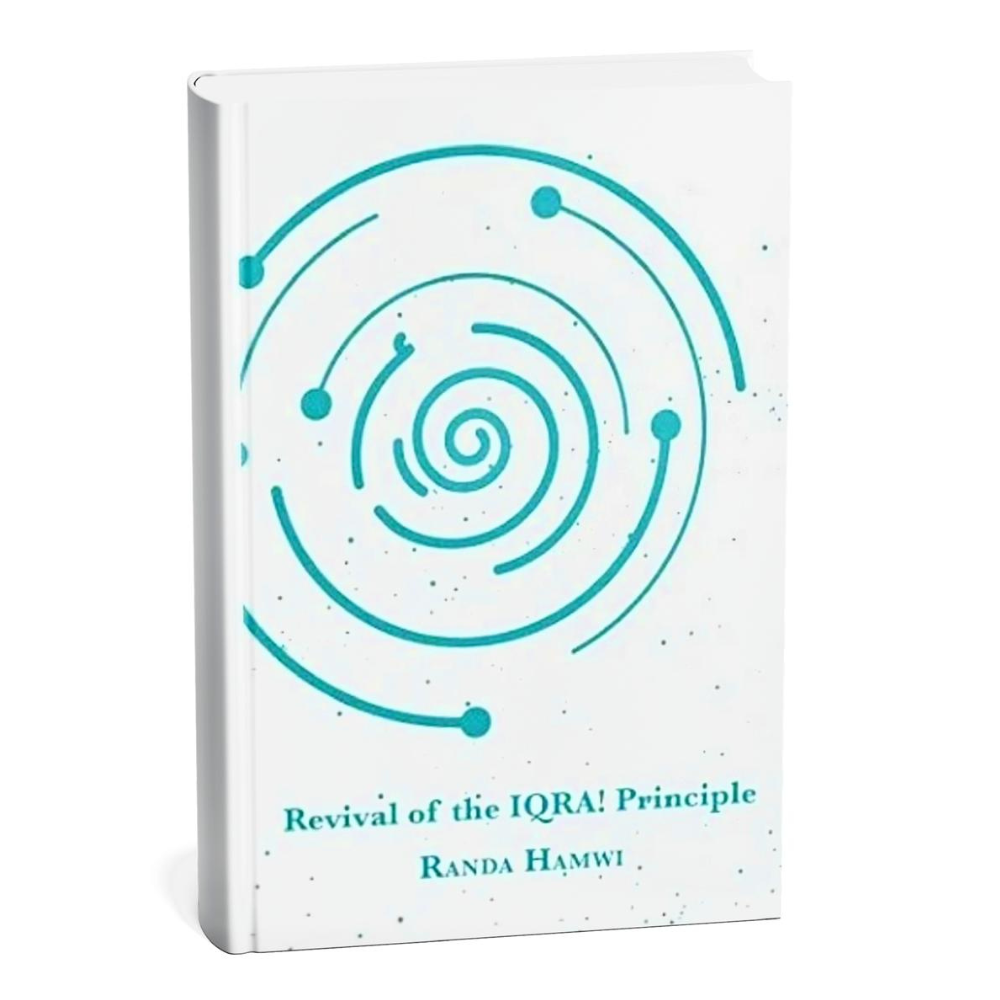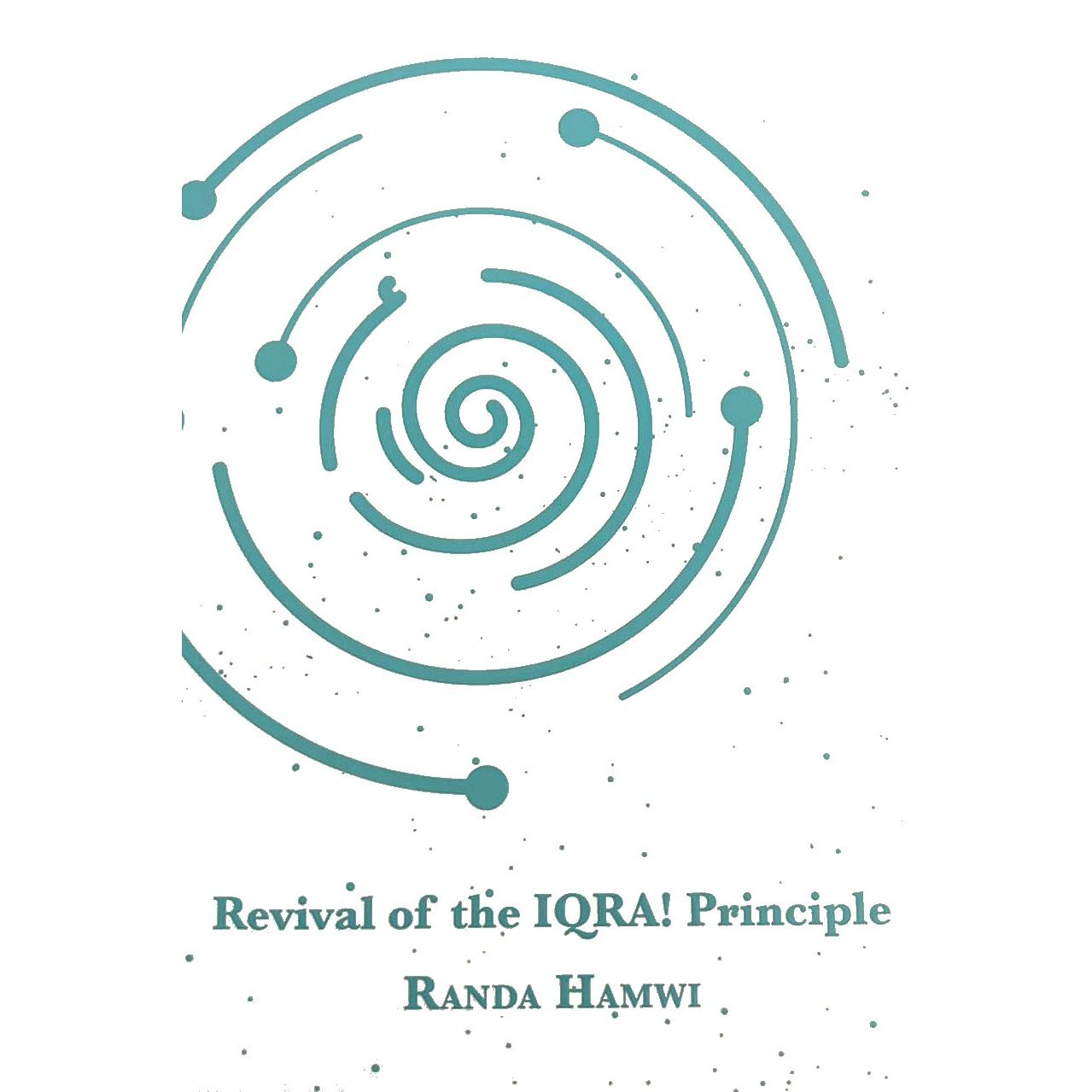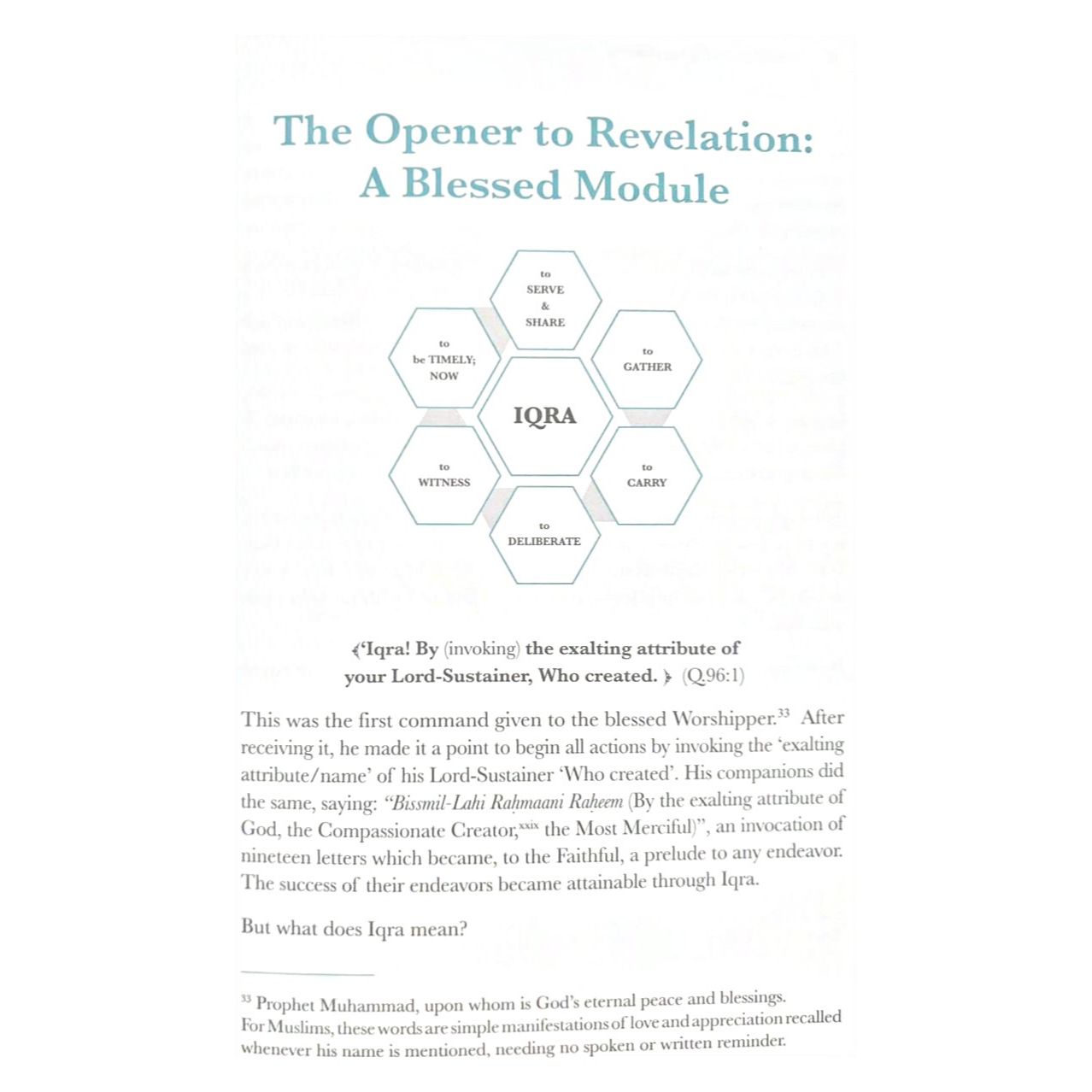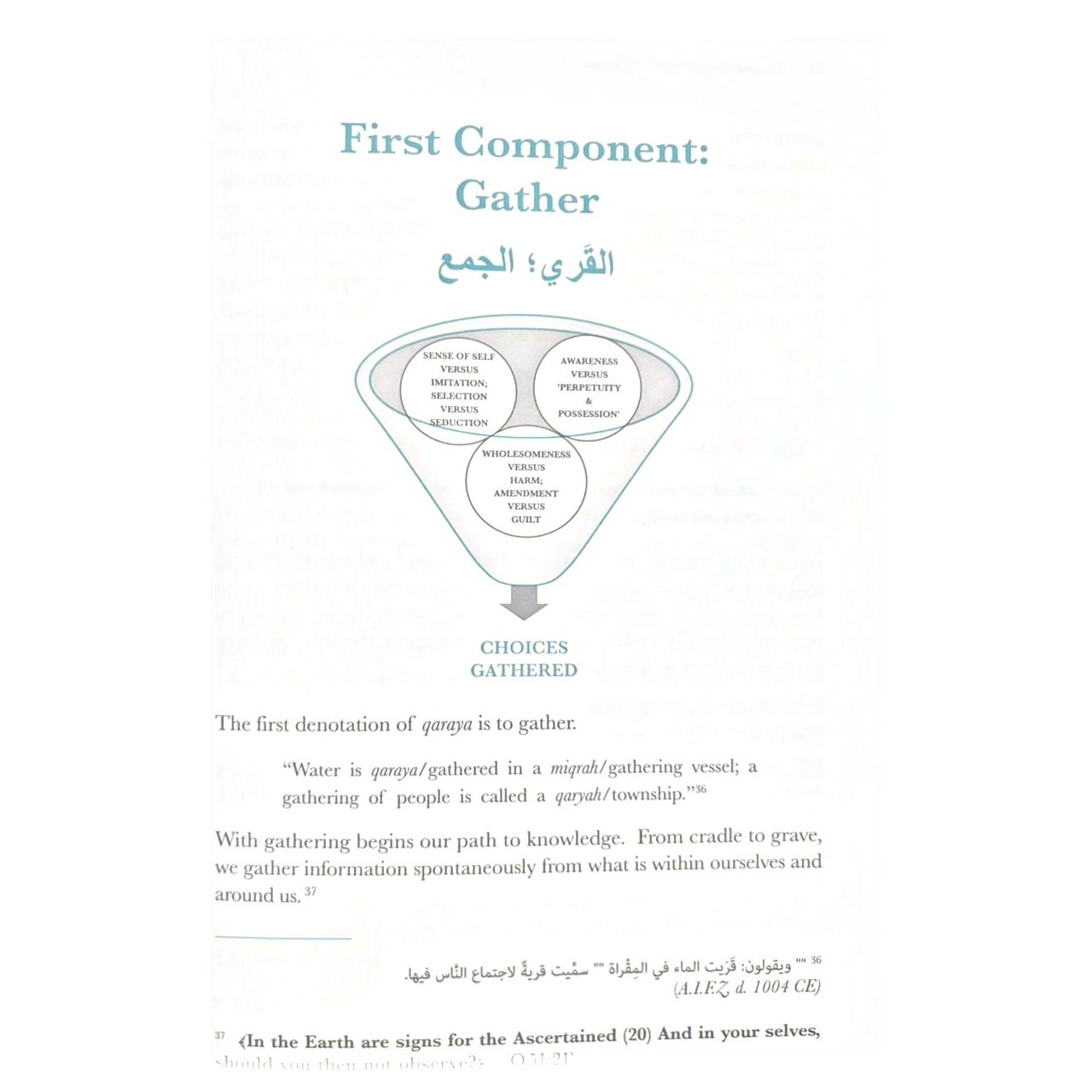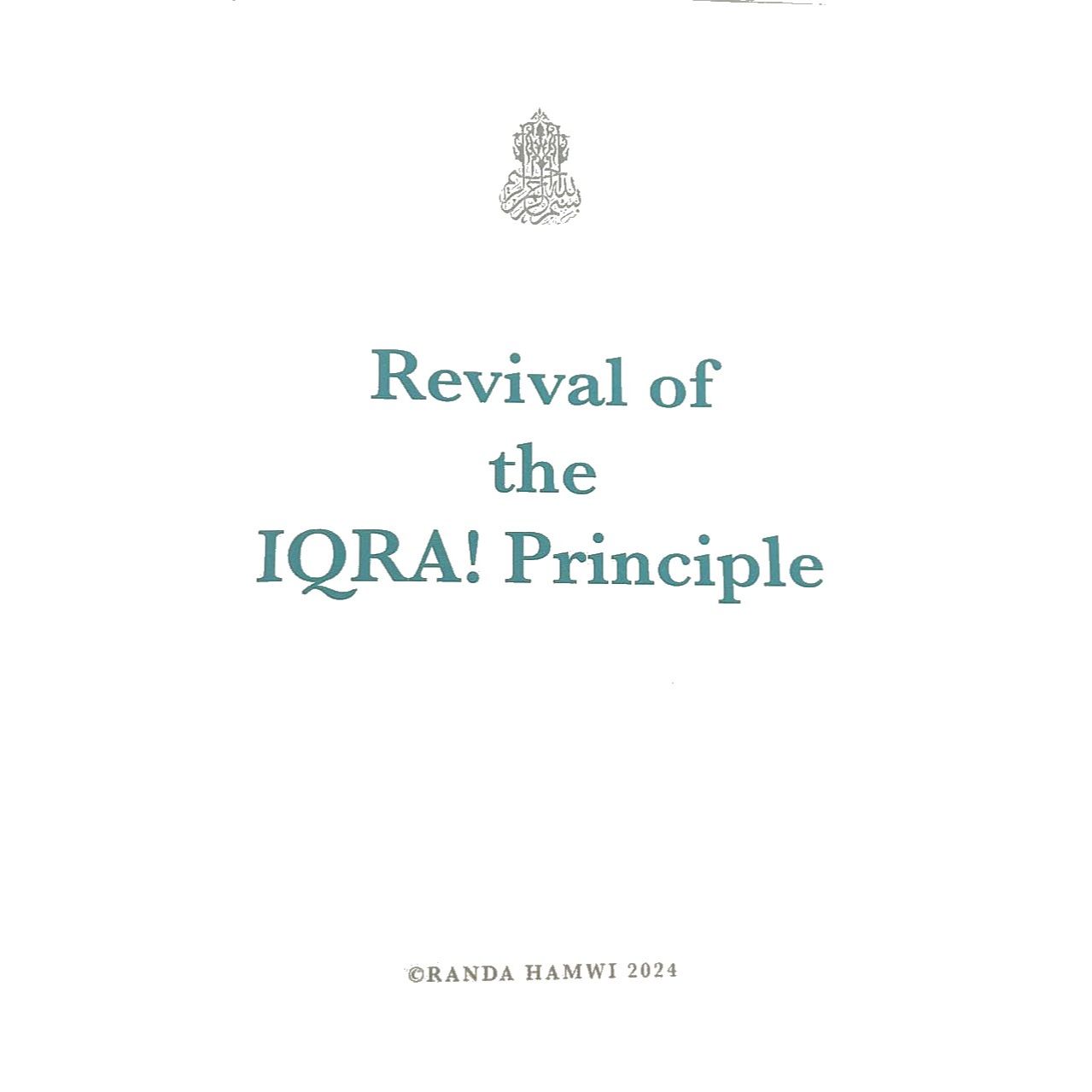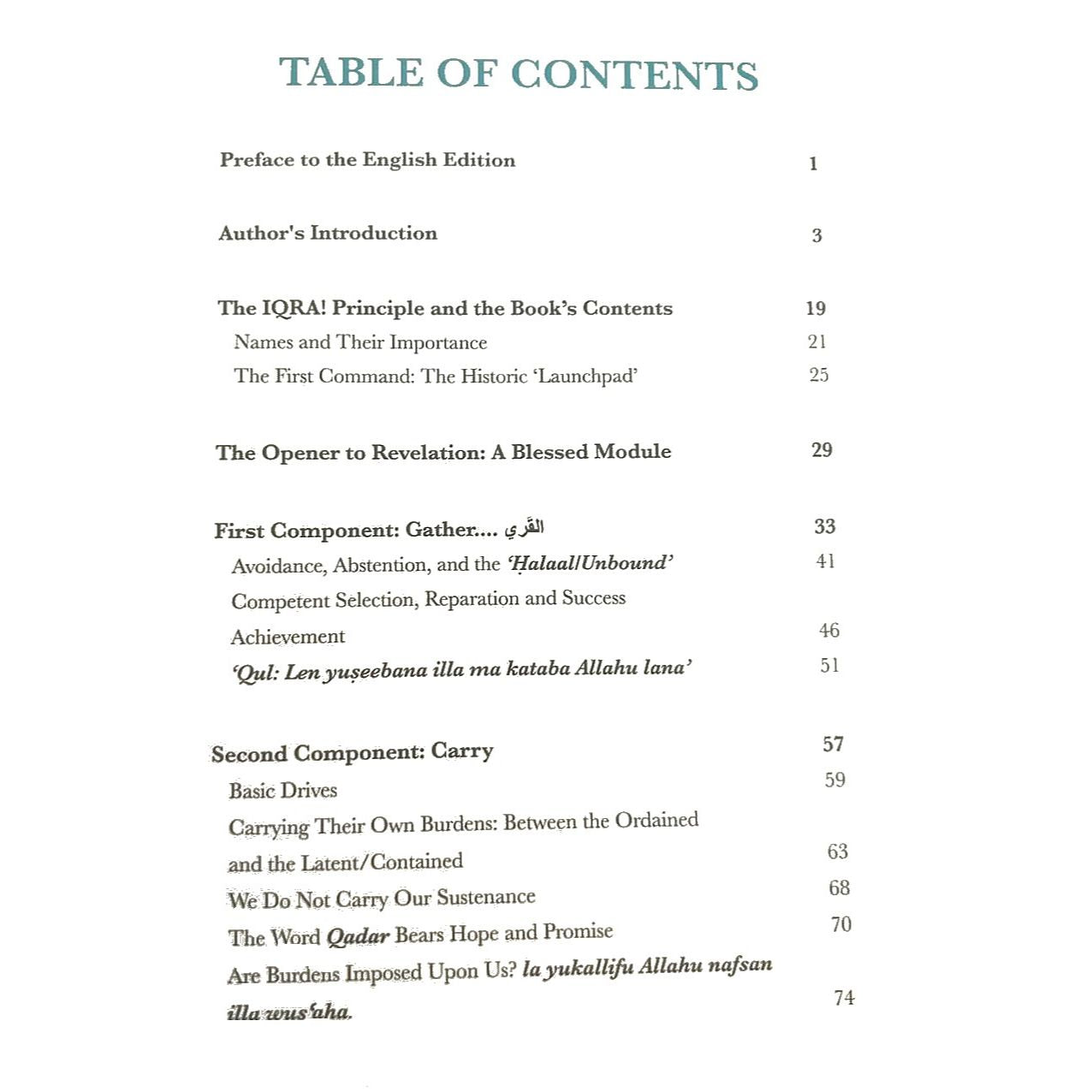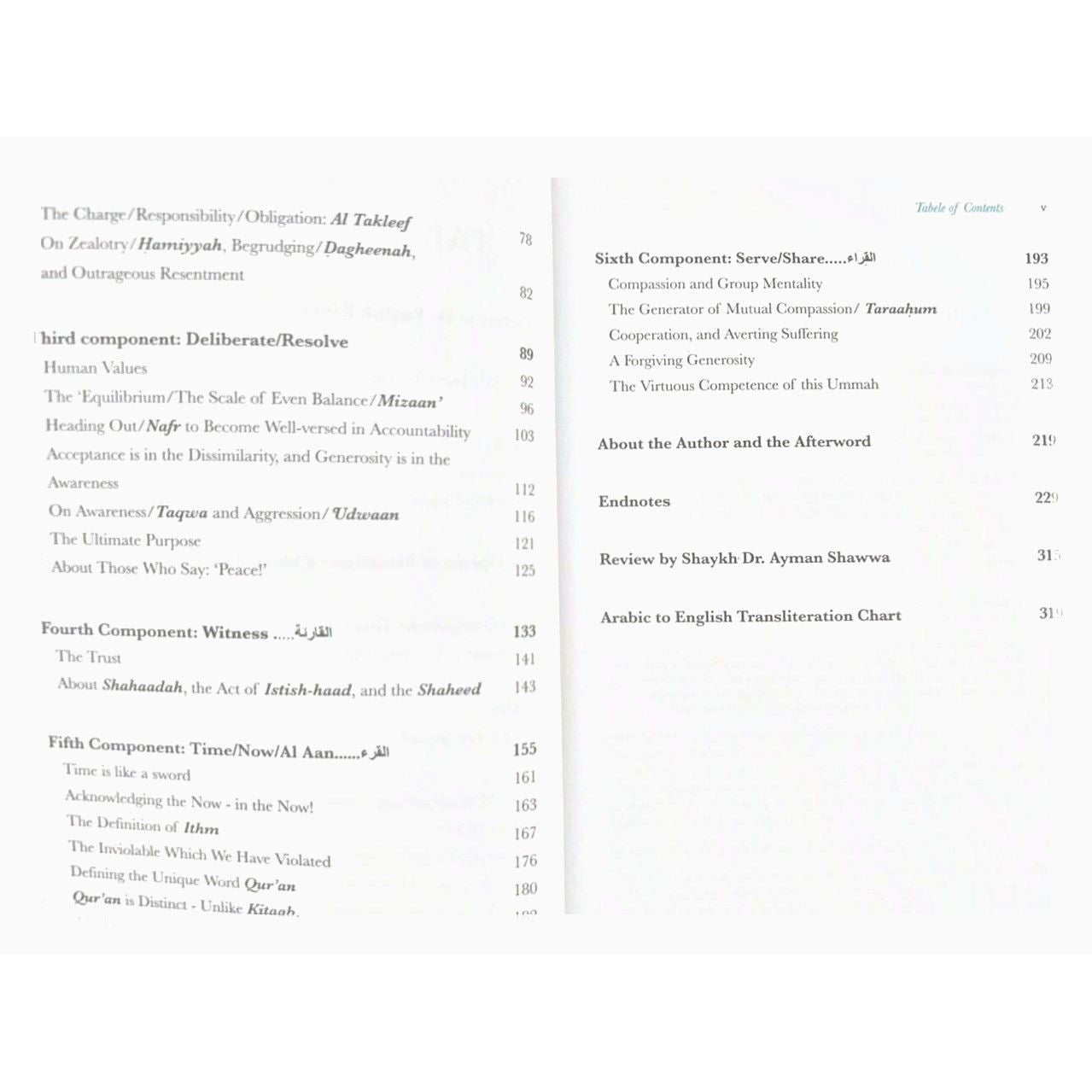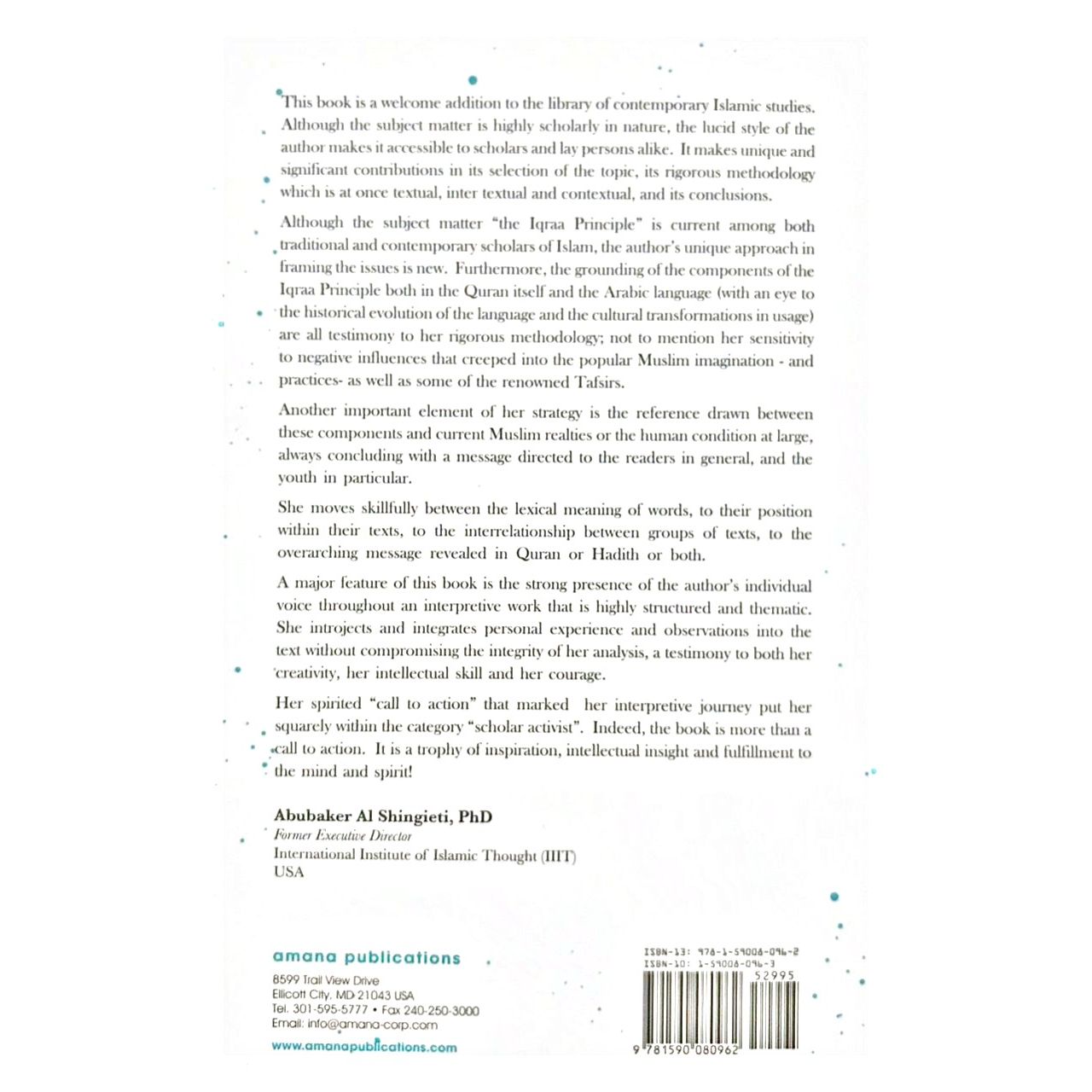Revival of the Iqra! Principle - Randa Hamwi
SKU: 10665
This insightful book offers a profound reflection on the Quran, exploring its meanings, teachings, and message with a particular focus on the command "Iqraa" (Read) - building a practical framework arounf the Iqraa Principle to apply into our lives. The author, an expert in linguistics and Quranic studies, uses classical Tafsirs and lexicons in her work of contemplation, addressing the human condition of today at large.
This insightful book offers a profound reflection on the Quran, exploring its meanings, teachings, and message with a particular focus on the command "Iqraa" (Read) - building a practical framework arounf the Iqraa Principle to apply into our lives. The author, an expert in linguistics and Quranic studies, uses classical Tafsirs and lexicons in her work of contemplation, addressing the human condition of today at large.
22.8x15.2x2.5 cm
22.8x15.2x2.5 cm
No special care instructions
No special care instructions
Paperback
Paperback
Revival of the Iqra! Principle - Randa Hamwi
This insightful book offers a profound reflection on the Quran, exploring its meanings, teachings, and message with a particular focus on the command "Iqraa" (Read) - building a practical framework arounf the Iqraa Principle to apply into our lives. The author, an expert in linguistics and Quranic studies, uses classical Tafsirs and lexicons in her work of contemplation, addressing the human condition of today at large.
This insightful book offers a profound reflection on the Quran, exploring its meanings, teachings, and message with a particular focus on the command "Iqraa" (Read) - building a practical framework arounf the Iqraa Principle to apply into our lives. The author, an expert in linguistics and Quranic studies, uses classical Tafsirs and lexicons in her work of contemplation, addressing the human condition of today at large.
22.8x15.2x2.5 cm
22.8x15.2x2.5 cm
No special care instructions
No special care instructions
Paperback
Paperback
